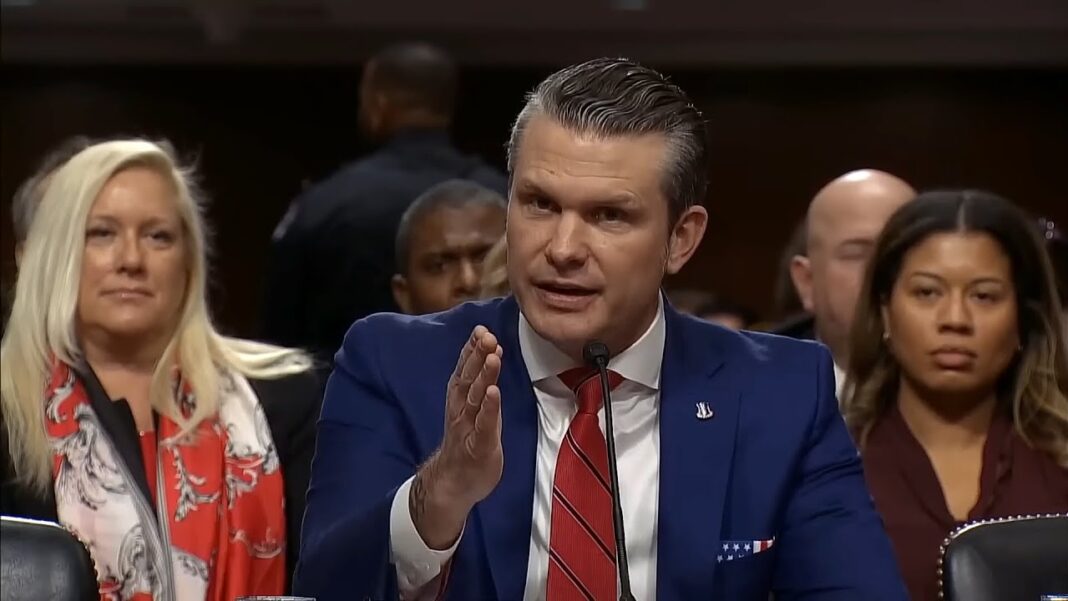The latest rules are ‘pragmatic changes to protect operational security,’ says a Pentagon spokesperson.
Secretary of Defense Pete Hegseth has ordered the implementation of new restrictions on press access within the Pentagon to better protect sensitive information, the Department of Defense (DOD) said in a May 23 memorandum.
The Defense Department’s highest priority is national security, including the protection of classified national intelligence information (CNSI) and sensitive, unclassified information such as those deemed to be critical for operations security (OPSEC), the memo stated.
“While the Department remains committed to transparency, the Department is equally obligated to protect CNSI and sensitive information—the unauthorized disclosure of which could put the lives of U.S. Service members in danger.”
As such, Hegseth directed that new control measures be put in place for press members who are issued a Pentagon Facilities Alternate Credential (PFAC) card, which provides access to the Pentagon. These rules are “effective immediately.”
Press members are now barred from entry or access to the office spaces of the secretary of defense and the joint staff without first securing official approval, as well as escort personnel. Access to the Pentagon Athletic Center is also prohibited.
Unauthorized, unescorted access in the Pentagon will only be available in certain areas.
If a press member requires access to other areas or offices within the Pentagon to conduct in-person interviews or other engagement, they must be formally escorted to and from these locations by DOD personnel from the respective offices or departments.
Members of the press tasked with covering the Pentagon shall be required to complete an updated briefing over the coming weeks that lays out their responsibilities regarding protecting classified national intelligence information and sensitive details.
A new style of PFAC with a clearer “PRESS” identifier on the badge shall be issued for the press. Additional security measures and enhanced scrutiny on PFAC issuance are also expected.
If any member of the press fails to comply with the new control measures, it will result in “further restrictions and possibly revocation of press credentials,” said the memo.








